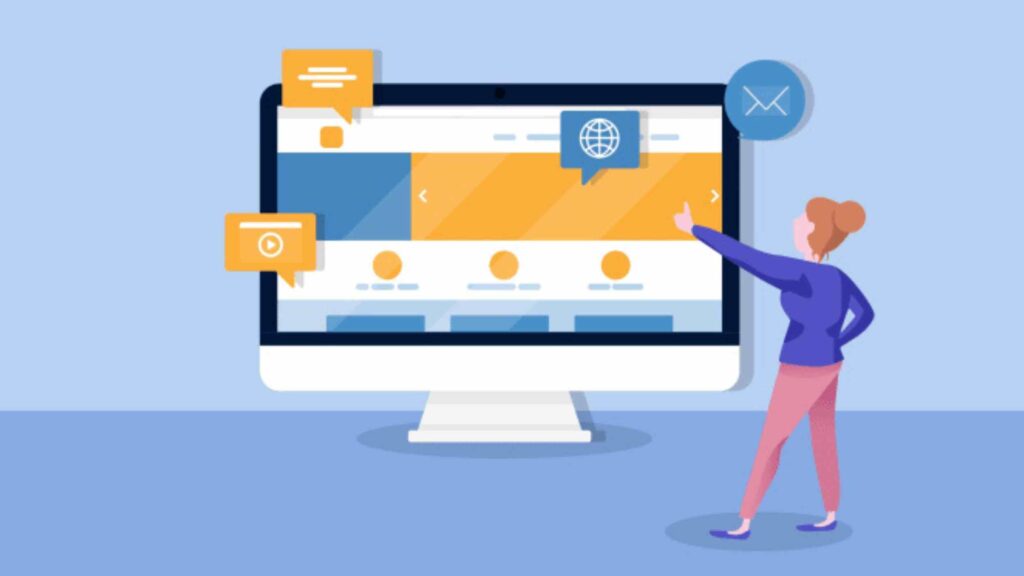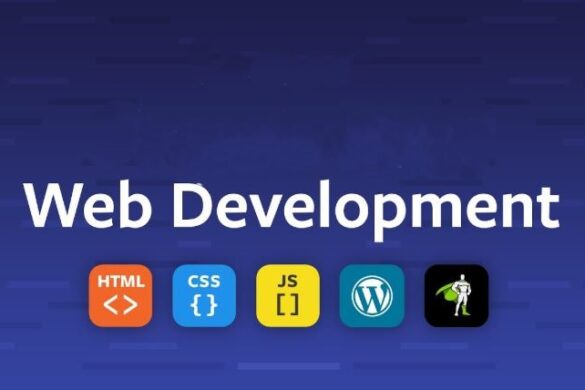Creating a personal website is an effective way to present your portfolio, publish a blog, or build a strong personal brand online. Whether your goal is to share professional work, highlight your skills, or create an online résumé, having a dedicated website gives you full control over your digital presence. Thanks to modern tools and platforms, setting up a personal website is now more accessible than ever, even for beginners. This step-by-step guide outlines the essential stages required to plan, build, and launch your website efficiently and with confidence.
Step 1: Choose a Domain Name & Hosting
Before setting up your website, you need a domain name (e.g., yourname.com) and a web hosting provider.
Best Domain Registrars:
Best Web Hosting Providers:
- Bluehost (Best for beginners)
- SiteGround (Fast and reliable)
- Hostinger (Affordable)
- DigitalOcean or Vultr (For tech-savvy users)
Tip: If you’re a developer, consider GitHub Pages or Netlify for free hosting.
Step 2: Choose a Website Platform
There are several ways to build a website:
WordPress – Most popular, user-friendly, and customizable.
Wix/Squarespace – Drag-and-drop website builders for non-coders.
Static Site Generators (Jekyll, Hugo) – Best for developers.
Custom HTML/CSS/JavaScript – For those who want full control.
Tip: If you want full flexibility, use WordPress.org with your own hosting.

Step 3: Install & Set Up WordPress (or Other Platform)
If you choose WordPress, follow these steps:
- Log into your hosting provider and install WordPress via the control panel.
- Choose a theme (free or paid from ThemeForest or Elegant Themes).
- Install essential plugins:
Step 4: Design & Customize Your Website
Choose a responsive theme that works on mobile and desktop.
Add essential pages:
- Home (Introduction)
- About (Your background)
- Portfolio/Blog (Showcase your work)
- Contact (Let visitors reach you)
Use Google Fonts and color schemes that match your brand.
Tip: If you’re using Wix or Squarespace, simply pick a template and customize it.
Step 5: Optimize for SEO & Performance
To attract visitors, optimize your website for search engines and speed:
Install Google Analytics to track visitors.
Use Yoast SEO (WordPress) or RankMath for better search rankings.
Optimize images with TinyPNG or ShortPixel to improve speed.
Use a CDN (Content Delivery Network) like Cloudflare for faster loading.
Tip: Test your site speed on GTmetrix or Google PageSpeed Insights.
Step 6: Publish & Promote Your Website
Write a few blog posts or add a portfolio.
Share on social media (LinkedIn, Twitter, Instagram).
Add an email subscription form to grow your audience.
Regularly update content to keep your website fresh.
Final Thoughts
Building a personal website has never been more accessible, regardless of your technical background. Whether you are a blogger sharing ideas, a freelancer showcasing services, or a developer presenting projects, a well-structured website plays a key role in establishing a strong online presence. By following a clear, step-by-step approach, you can launch your site efficiently and maintain full control over your content and branding. A personal website not only reflects your identity and skills but also serves as a long-term platform for sharing knowledge, work, and ideas with a global audience.





